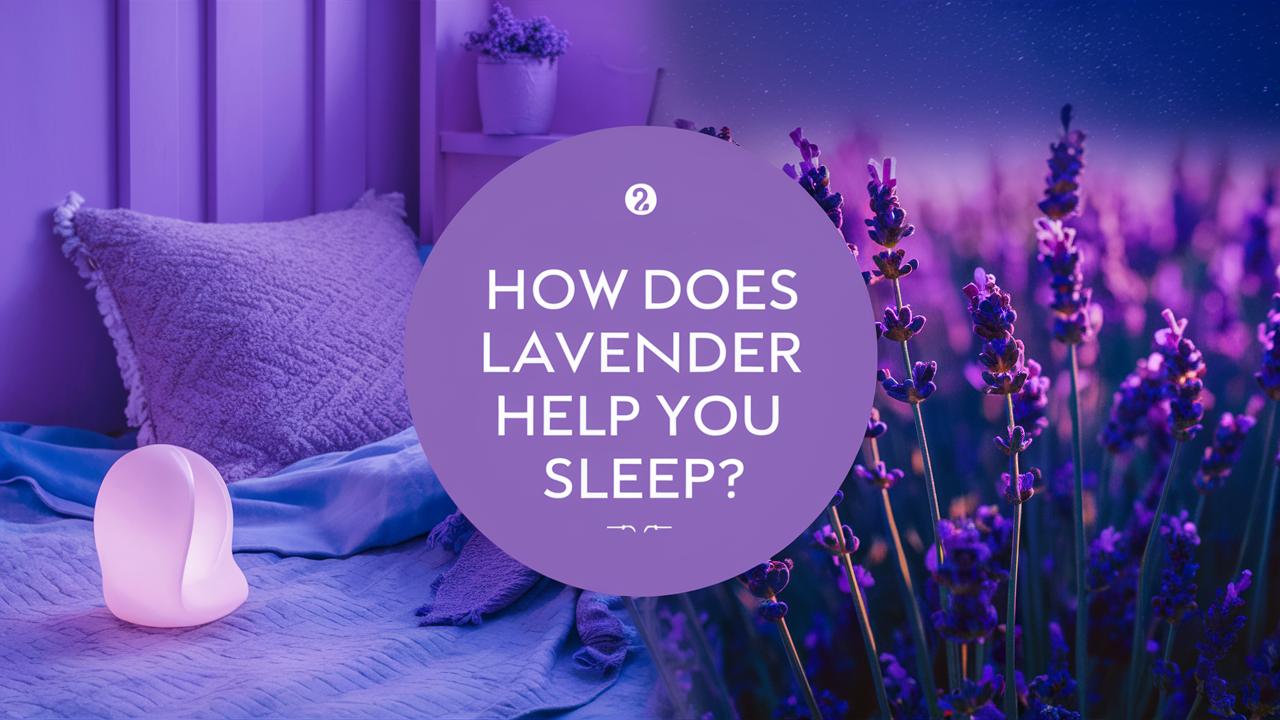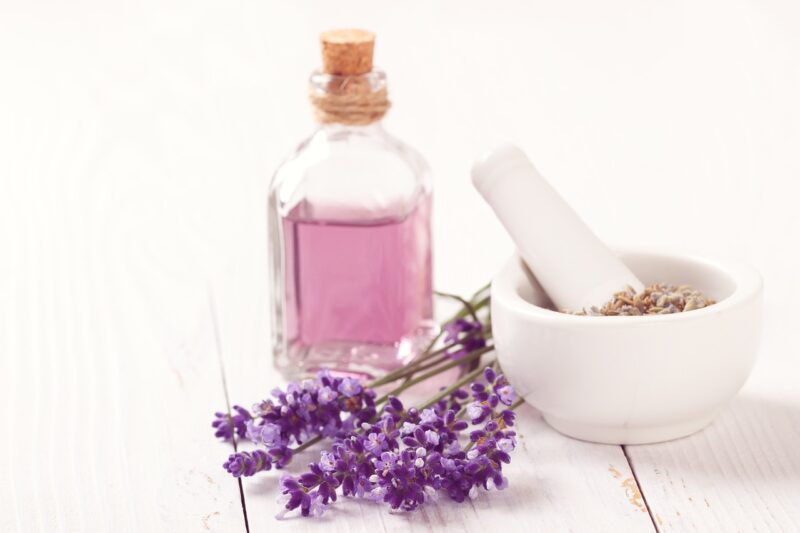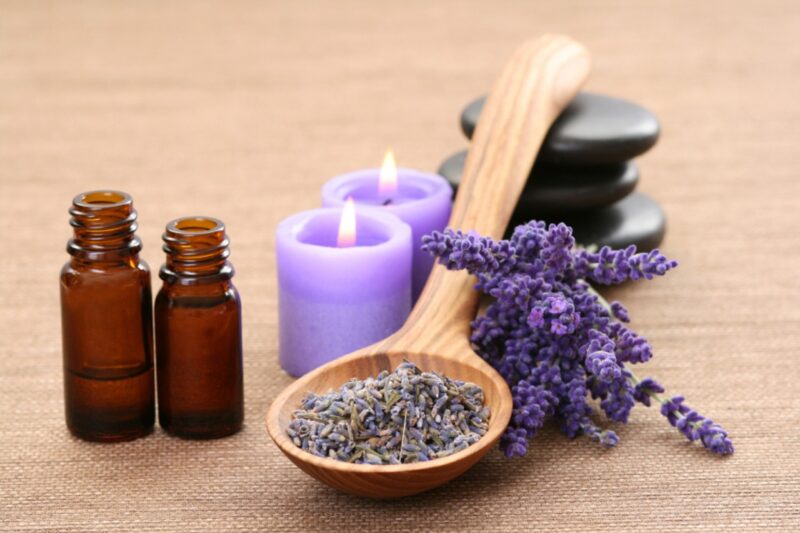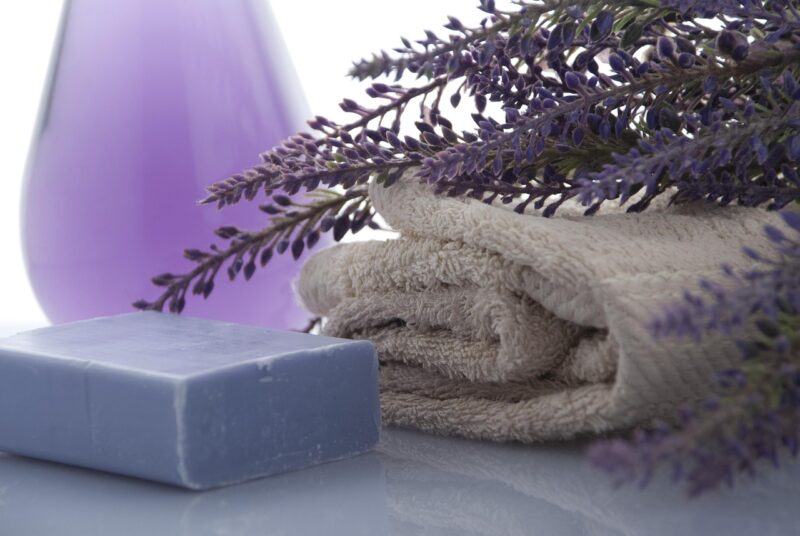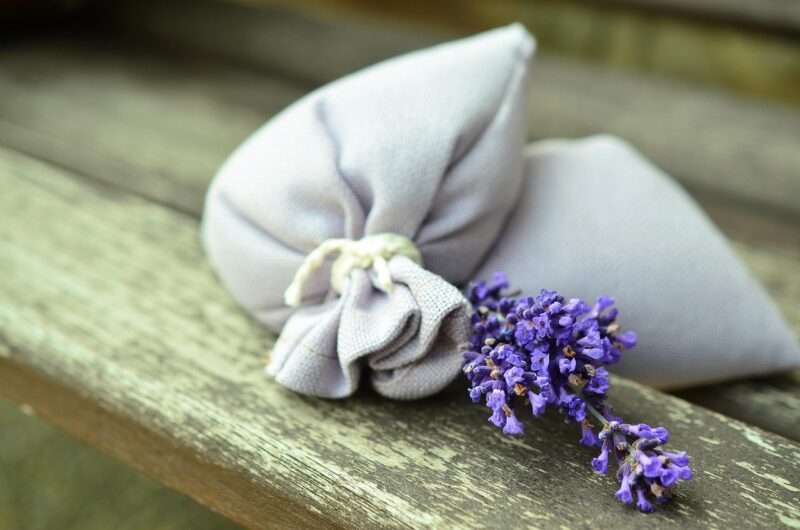In this in-depth guide, we’ll explore the science behind lavender and its benefits for sleep, methods of use, and even a few interesting anecdotes to highlight its charm.
The Science Behind Lavender
Understanding Lavender

Lavender, primarily the species Lavandula angustifolia, is a flowering plant native to the Mediterranean region. Its soothing aroma has made it a favorite in aromatherapy and herbal medicine. The plant contains essential oils rich in compounds such as linalool and linalyl acetate, known for their tranquilizing effects. These components interact with the body’s neurotransmitters to create a calming response, making lavender not just a pretty face in the garden but also a powerful ally in the quest for better sleep.
How Aromatherapy Works
The sense of smell plays a significant role in our emotional and psychological states. When lavender aroma is inhaled, the molecules travel to the olfactory receptors in the nose, signaling the brain’s limbic system—the area responsible for emotions and memories. This connection explains why certain scents can evoke feelings of safety and comfort. A growing amount of research suggests that inhaling lavender may lower heart rate, decrease blood pressure, and even reduce cortisol levels, promoting a state of calm conducive to restful sleep.
Research Insights
Numerous studies have investigated lavender’s effects on sleep. For example, research published in the Journal of Alternative and Complementary Medicine suggests that inhaling lavender oil before bedtime can significantly enhance sleep quality and duration. Participants who were exposed to lavender experienced longer sleep times compared to those who did not. Another study found that not only does lavender improve the quantity of sleep, but it also enhances the quality of sleep, leading to more restorative slumber.
Lavender and Sleep Quality
Enhancing Sleep with Lavender

The efficacy of lavender in improving sleep quality goes beyond its fragrance. The calming effects of lavender are supported by its ability to decrease anxiety and facilitate relaxation. By reducing levels of anxiety and stress hormones, lavender oil creates the perfect environment for drifting into a deep and uninterrupted sleep. Many individuals report a feeling of peacefulness washing over them when they engage with lavender in their nighttime routines.
Lavender’s Impact on Sleep Disorders
Lavender has also shown promise in managing sleep disorders such as insomnia. A study in the journal eCAM highlighted how patients with insomnia who were treated with lavender oil experienced notable improvements in their sleep patterns. Their findings indicated that lavender can aid in alleviating symptoms of insomnia, offering a natural alternative to conventional pharmaceuticals, which can often come with unwanted side effects.
Methods of Incorporating Lavender into Your Routine
Essential Oils
One of the most popular ways to utilize lavender’s calming properties is through essential oils. Lavender essential oil can be diffused in your bedroom to fill the space with its soothing aroma. Many people also opt for direct application by mixing a few drops of the oil with a carrier oil, such as coconut or almond oil, and applying it to pulse points like the wrists, temples, or on the soles of the feet. This method enhances relaxation and encourages a restful state.
Herbal Teas
Drinking lavender tea is another delightful way to incorporate this herb into your nighttime routine. Brewing a cup of lavender tea before bed can be soothing not just for the mind but for the body as well. The warm liquid acts as a natural relaxant, and the flavor promotes a sense of calm reminiscent of a cozy spa experience. Combining lavender with other sleep-promoting herbs like chamomile or valerian root can create an even more potent sleep-inducing beverage.
Bath Soak
A relaxing bath infused with lavender essential oil or dried lavender flowers can transform your bath time into a tranquil escape. The warm water combined with the relaxing aroma creates an ideal environment to unwind, signaling to your body that it’s time to rest. Adding Epsom salts may also help soothe sore muscles, further enhancing the relaxation experience.
Lavender Pillows and Sachets
Another simple yet effective way to benefit from lavender’s calming effects is through the use of lavender sachets or pillows. Filling a small cloth pouch with dried lavender buds and placing it under your pillow or beside your bed creates a gentle and constant aroma that can enhance your sleep environment. You might also find specially made lavender-filled pillows or eye masks, designed to promote relaxation and restful sleep.
The Psychological Effects of Lavender

Relaxation and Stress Relief
Beyond the physiological effects, lavender has profound psychological benefits. Its calming fragrance helps signal to your brain that it’s time to unwind. Incorporating lavender into your evening routine might not only help you physically relax but also mentally prepare you for sleep by creating a ritual that signals to your mind it’s time to disconnect from the day’s stresses.
Visualizing Calmness
Using lavender in nighttime routines can also facilitate visualization practices. Many people find it beneficial to combine the scent of lavender with mindfulness or visualization techniques. As you inhale this calming aroma, visualize a calm, serene place—whether it be a tranquil beach or a peaceful forest. This pairing of scent and imagery can deepen your state of relaxation and enhance the overall effectiveness of lavender in promoting sleep.
Anecdotes and Historical Significance
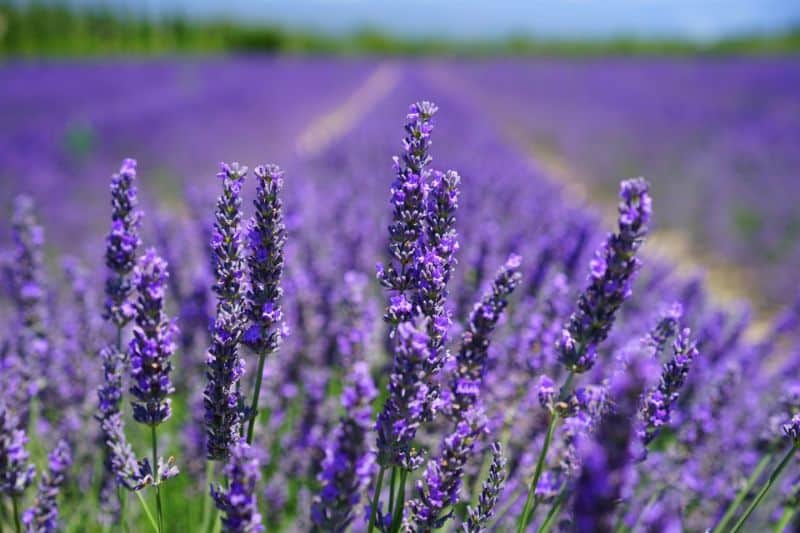
Lavender Through the Ages
Historically, lavender has been associated with calmness and tranquility. The Romans used lavender in baths, believing it would promote relaxation and cleanliness. They even infused their baths with lavender oil to ward off sickness. Ancient cultures have regarded the herb not just as a remedy for sleep but also as a sacred plant for purification and protection.
Personal Stories
Many modern users have personal stories about lavender’s impact on their sleep patterns. Some have shared how using lavender oil in a diffuser completely transformed their nighttime experience, helping them to achieve deeper sleep and, in some instances, alleviating long-standing insomnia. Others recount times they traveled and relied on sachets of dried lavender to help improve sleep in unfamiliar settings. It’s remarkable how one little flower has woven itself into countless personal narratives centered on better restful nights.
Safety and Considerations
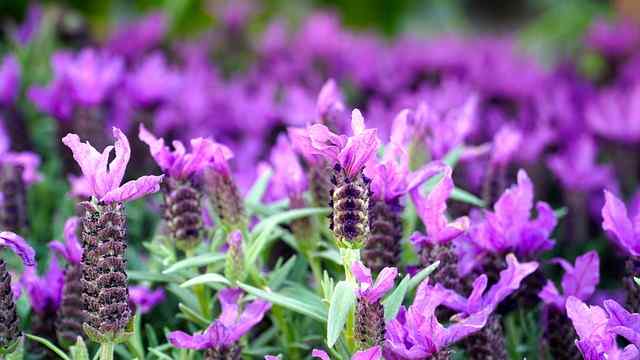
Potential Side Effects
While lavender is generally considered safe for most people, there are instances where it can produce adverse effects. Some individuals may experience allergic reactions or skin sensitivity when using lavender oil topically. It’s always advisable to conduct a patch test before widespread application. Additionally, pregnant and breastfeeding women should consult a healthcare professional before using lavender products.
Interactions with Medications
Lavender may also interact with certain medications, particularly sedatives. If you’re taking medications for anxiety, depression, or sleep disorders, consult your doctor before incorporating lavender into your regimen. It’s essential to have a professional assessment to avoid any potential negative interactions.
Conclusion: Embrace the Calm
As we’ve explored through this comprehensive look at lavender’s impact on sleep, it becomes clear that this delightful herb is much more than just a soothing scent. From its intriguing historical significance to its scientifically-backed benefits, lavender offers numerous ways to enhance our evening routines and improve sleep quality. Whether it’s through essential oils, teas, or calming rituals, introducing lavender into your nighttime routine can create a serene environment that encourages restful slumber.


